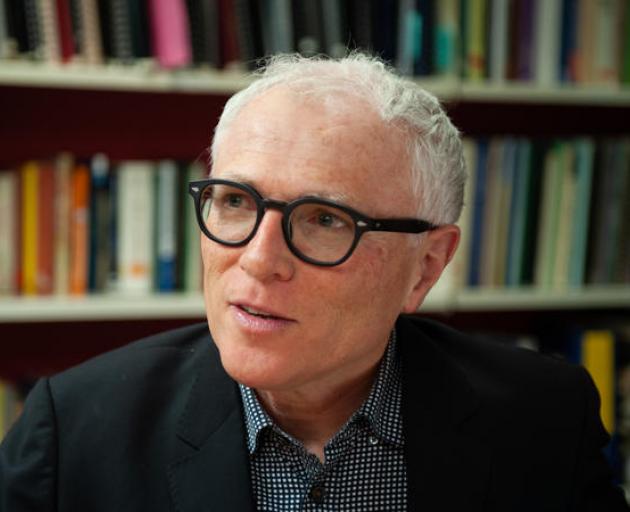
The letter to the editor in the NZ Journal of Primary Health Care from academics of several top universities claims New Zealand is "one of few countries chasing elimination of Covid-19" and that it is "stamping out livelihoods and lives".
The co-authors of the letter include two University of Auckland senior lecturers in public health, an AUT University professor of public health and a Victoria University law professor.
Among the disputed claims in the letter are that a safe and effective vaccine is "at best four years away" and income loss to Kiwi workers through the elimination strategy will result in a "330-fold greater loss of life" than less-severe flattening-the-curve approaches.
A swift response by Ministry of Health chief science adviser Dr Ian Town rebuked the letter in the same December 22 issue of NZ Journal of Primary Health Care.

"Readers will have noticed that scientists in Sweden are publicly questioning their approach in the face of rapidly rising cases and deaths."
Town states the ministry "disagrees" with the Plan B letter, "as do many epidemiologists, officials and advisers in New Zealand and globally".
"Most of the reduction in the national income level during the lockdown will prove temporary, so it is implausible that it would cause the kind of fall in life expectancy suggested," Town writes.
Lead author of the Plan B anti-lockdown letter is University of Auckland senior lecturer in public health Dr Gerhard Sundborn.

"It's already cost us $60 billion," Sundborn said.
"If we continue to use lockdowns to address potential outbreaks that could be triggered by four people in Auckland having community transmission, then it's going to escalate massively."
Sundborn said he believed the Government may have also privately stepped away from the elimination response based off more recent examples of community transmission in New Zealand that have not resulted in a lockdown.
"We think maybe there has been a move to containing it without lockdowns but I think it would be good to communicate that clearly to the public because I think it would reduce anxieties that are felt across the country," Sundborn said.
University of Auckland public health lecturer and epidemiologist and letter co-author Dr Simon Thornley said he believed the "rollout of the vaccine is going to take a long time".
"I think it's pretty clear that they've basically spent all of our rainy-day money. We have never spent so much money in such a short time," Thornley said.
"Locking down is a poor value for money in terms of what we would usually consider a good buy for health gain.
"There's obviously a downside to locking down society, there's health effects, the economic implications such as employment, recession. We live in a society that is much more than just a response to Covid."

"I assume that article couldn't have been peer-reviewed, really, because it's got things in it which are patently absurd," Baker said.
"I don't know what they're basing their claims on. I mean just to begin with, as soon as you say 'There is no hope of a vaccine', and they pretty much say that, or 'It's very unlikely', when the world seems to be awash with fantastic vaccine candidates. I mean, surely you begin to doubt the credibility of the entire argument."
In the letter, the Plan B group claim "a vaccine may never eventuate. After 37 years and billions of dollars invested, an HIV vaccine remains elusive".
Baker also criticised the logic of the Plan B group's focus on the economic impact of lockdowns, saying you needed to judge that cost in the context of all other alternatives.
"What economists always say is, it's not about whether something costs a lot of money or not. It's whether there is a better alternative that will give you a better result and cost less," Baker said.
"If you haven't got that alternative you're better to stick with Plan A, rather than shoot off to this plan B which appears to have a completely alternate logic structure to it.
"That's what I find almost scandalous, that university academics are putting out material that is so poorly argued and is cherry-picking evidence in a very selective way and doesn't make any sense."












